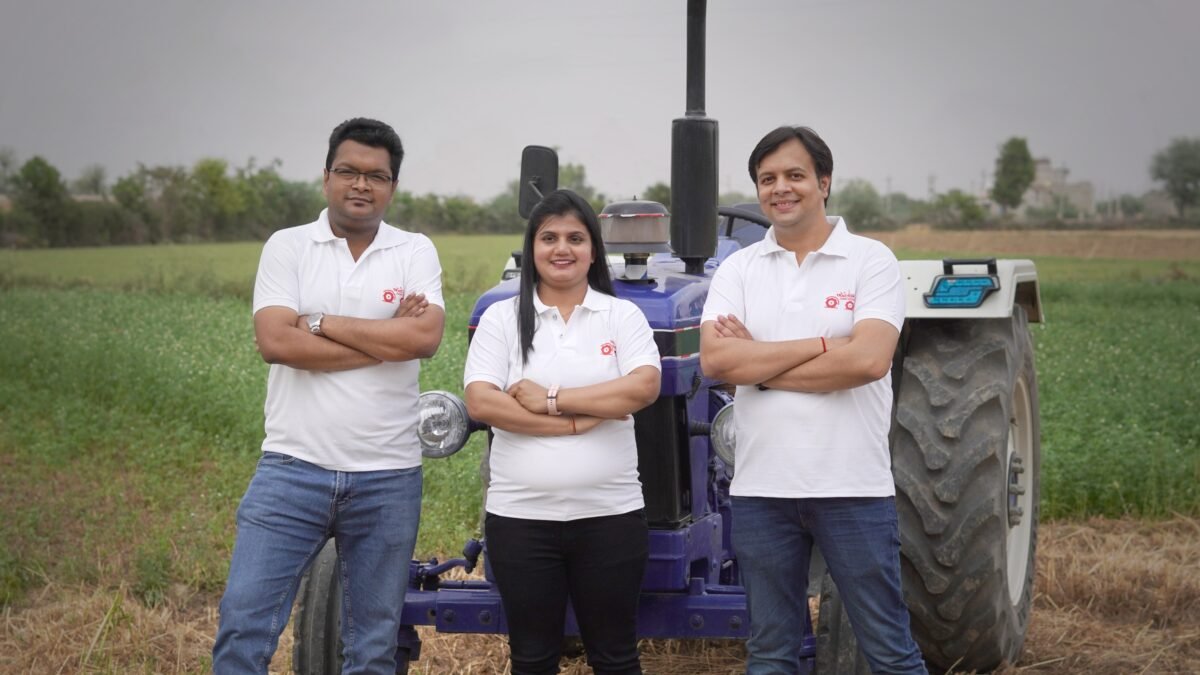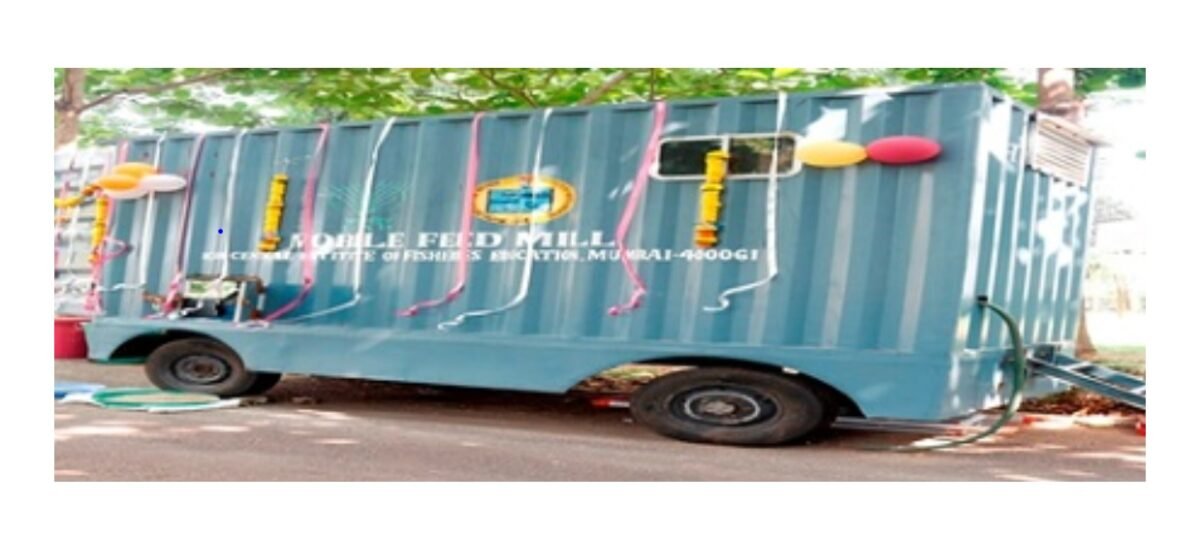Tractor Junction plans to use the funding from Info Edge Ventures and Omnivore for launching physical stores for used tractor transactions across Northern India.
India’s leading rural vehicle marketplace, Tractor Junction, announced today that it has raised a USD 5.7 million Seed round co-led by Info Edge Ventures and Omnivore. Existing investors AgFunder GROW Impact Fund and Rockstart AgriFood Fund also participated in the round, alongside angels including Vikram Chopra & Mehul Agrawal – the co-founders of Cars24, Vellayan Subbiah & Arun Venkatachalam from the Murugappa Group, and Sanjiv Rangrass.
Tractor Junction is India’s largest digital marketplace to buy, sell, finance, and insure new and used tractors, farm equipment, and rural commercial vehicles. Despite the steady pace of agricultural mechanization, Indian farmers who want to buy rural vehicles have to navigate information opacity, unfair pricing, and a lack of trusted sources for smooth transactions. Dealers also struggle to reach their target customers, appropriately price used vehicles, and liquidate exchange inventory. Tractor Junction is revolutionizing the rural vehicle space by providing necessary information and vetted reviews on farm machinery, enabling users to compare shortlisted options, and bringing transparency in pricing.
Based in Noida, Tractor Junction was founded in 2019 by Animesh Agarwal, Rajat Gupta, and Shivani Gupta. Animesh, an IIM Shillong alumnus, was previously leading the North India operations of Cars24, and earlier in his career worked for Mahindra’s farm equipment business across sales, channel development, digitisation, and strategy roles.
In December 2021, Tractor Junction acquired rival marketplace TractorGuru (the second-largest farm machinery portal), further strengthening its leadership in this space. Tractor Junction plans to use this funding for talent acquisition, development of financial services, and launching physical stores for used tractor transactions across northern India.
Rajat Gupta, Co-Founder of Tractor Junction, said, “The rural vehicle ecosystem is at the cusp of a digital revolution and our team at Tractor Junction are excited to tackle the opportunity that lies ahead. We are humbled to have the confidence of marquee investors like Info Edge and Omnivore who bring vast experience of building scalable businesses.”
Kitty Agarwal, Partner at Info Edge Ventures, said, “The used tractor and farm equipment market is highly unorganized with a lack of established sales channels. As a result, farmers struggle with access to quality information and inventory for a relatively high value purchase. Tractor Junction is bringing convenience, transparency, and affordability to the farm equipment buying process, thus empowering farmers and creating a winning ecosystem for all stakeholders.”
Jinesh Shah, the Managing Partner of Omnivore, observed, “By clearing the haze of information asymmetry, Tractor Junction is empowering smallholder farmers with access to valuable data and affordable high-quality farm vehicles. Tractor Junction will have a far-reaching impact on farmer profitability, and we at Omnivore are thrilled to support this journey.”
Tractor Junction plans to use the funding














